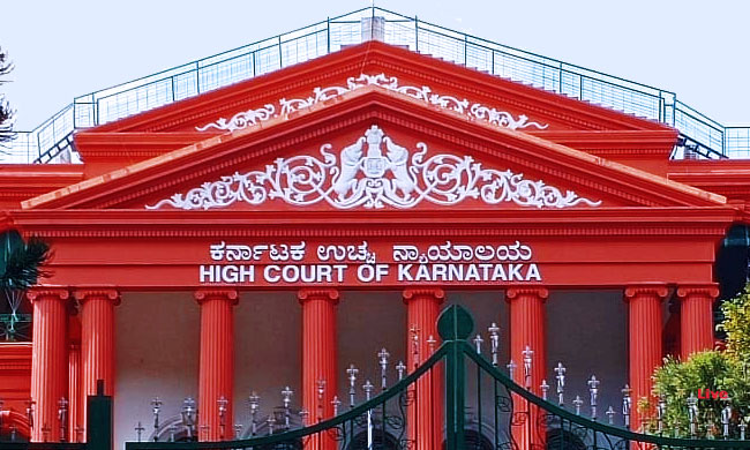The Karnataka High Court has ruled that if a party has disputed the arbitrability of a dispute raised by the opposite party, in its reply to the notice invoking the arbitration clause, it is deemed to have waived its right to seek the reference of the dispute to arbitration. The Court added that if a right is once waived by a party, it cannot be allowed to be reclaimed and hence, the...

